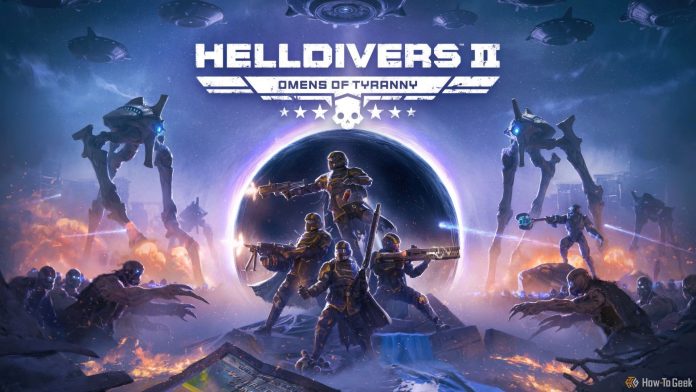Movies have a complicated history with video game adaptations. I’m not referring to movies based on games—though they have their own spotty reputation—but rather licensed games attached to film franchises. While some movie games have become genre-defining icons, most fail to live up to their namesakes.
The best games based on films aren’t directly tied to their source material, but instead come from less official sources. Some games walk a fine line between being fan-made homages and blatant knockoffs, but they capture the essence of their inspirations in ways that most licensed titles fail to emulate. If you’re looking for the best games that let you immerse yourself in the worlds of your favorite films, you need to start playing gaming’s indirect adaptations.
Indirect Adaptions are the Best Kind of Rip-Off
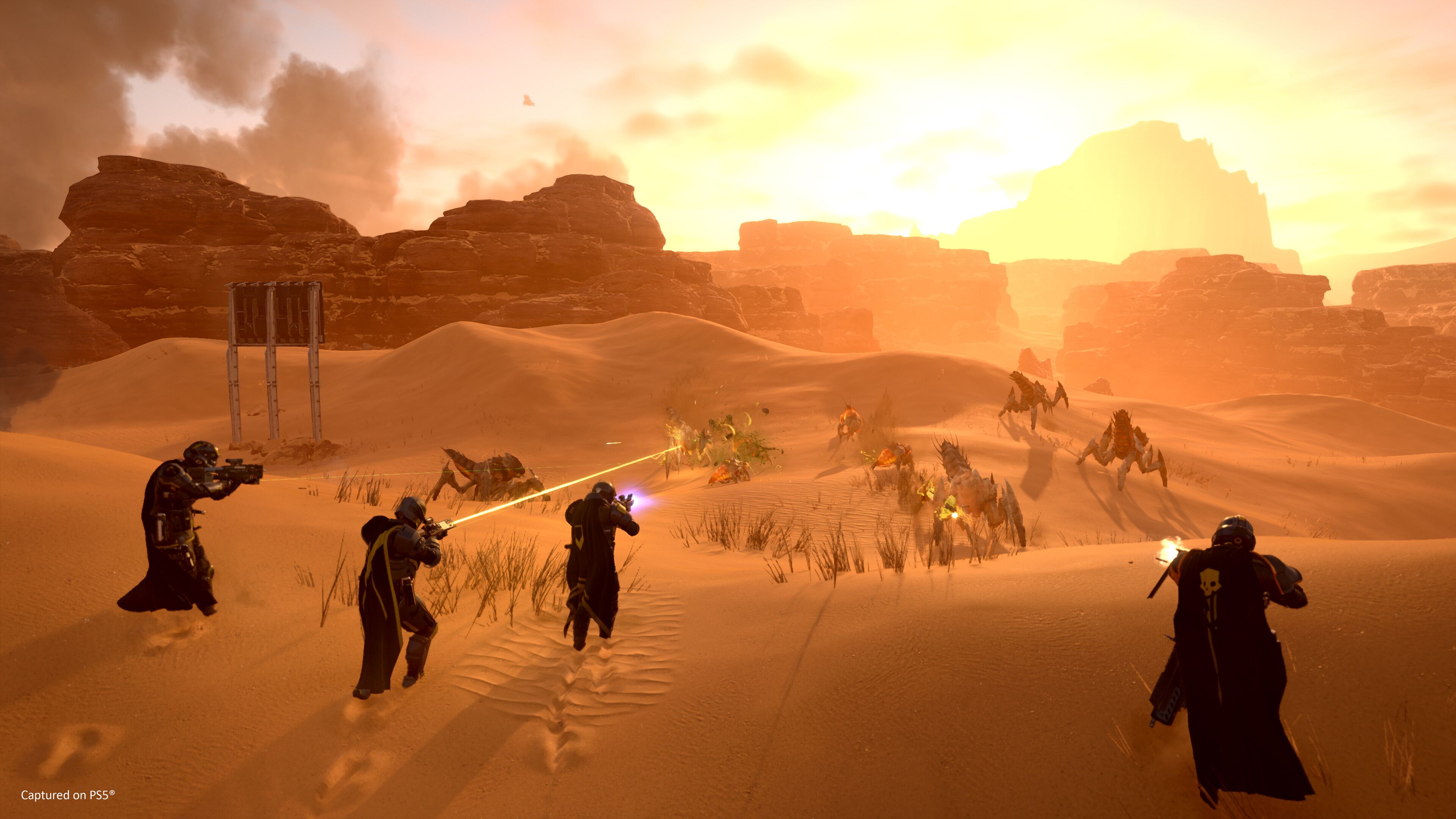
On the surface, video games seem like the perfect medium for delivering exciting adaptions of beloved franchises. With games, you can step into the roles of iconic action heroes or roam around worlds that you’ve only seen on the big screen.
Licensed games try to bring that immersive quality to your favorite film franchises, but they rarely carry the same appeal as the movies they’re replicating. Most licensed games end up being disappointing knockoffs of other games, relying solely on their brand-recognition to set them apart from every other generic gaming experience. That doesn’t always result in a bad game, but their lack of creativity makes many movie games feel like a waste of potential, especially for films with creative concepts that still haven’t been properly explored in games.
However, some games are indirect adaptations, meaning they lift ideas from popular media without using the official license. While it’s not uncommon for games to take some inspiration from other works, these indirect adaptions can sometimes get dangerously close to being outright plagiarism. In most cases, an indirect adaptation will share the same exact premise as another work, albeit with enough minor differences to be considered legally distinct. Indirect adaptations aren’t the most original games, but that’s partially what makes them worth playing.
At their best, playing an indirect adaptation can feel like stepping into the films they’re based on. Whereas most licensed games use their source material as nothing more than a backdrop for their otherwise generic gameplay, indirect adaptions transform familiar film premises into one-of-a-kind experiences. These games may not feature any of the recognizable iconography or famous characters of the original work, but they’re still capable of immersing you in familiar scenarios ripped straight out of cinema’s greatest hits.
Indirect Adaptations Are Better Than the Real Thing
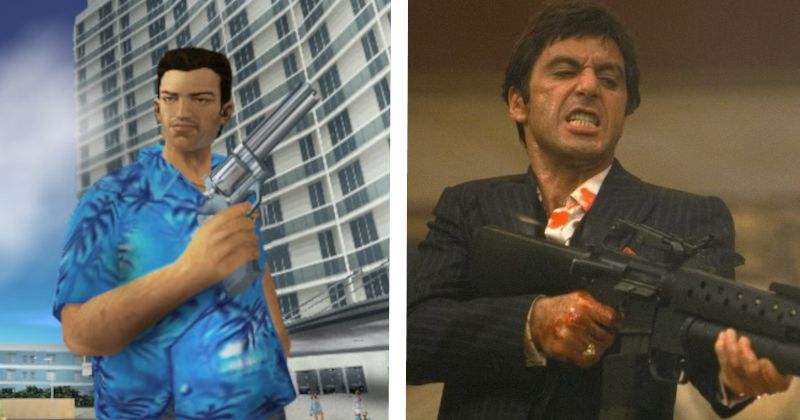
Every video game adaptation presents a different interpretation of its source material. Some games place their focus solely on a film’s action and memorable spectacles. This is mostly commonly seen in games based on sci-fi series like Star Wars and Mobile Suit Gundam, which often emphasize their action and iconic weaponry over their storytelling. However, other games in these same franchises bring a broader focus to their expansive worlds, placing storytelling and interactive narratives at the forefront of these adaptations. Both types of adaptations are faithful representations of their respective series, but neither captures the full scope of their source material.
The same problem applies to most other series. Officially licensed games often build their entire identity around one particular facet that fans enjoy, while ignoring other fundamental elements of the franchise. Meanwhile, indirect adaptations combine everything that defines a film to deliver the definitive video game adaptation.
Recently, the Starship Troopers series made an unexpected resurgence among gaming audiences thanks to both an official release—Starship Troopers: Extermination—and the incredibly popular Helldivers 2. Both games adapt Starship Troopers in very similar fashions; using the film series as a basis for multiplayer shooters centered around completing team-based objectives while surviving against overwhelming swarms of giant alien bugs. However, Helldivers 2 commits to its Starship Troopers inspiration in ways that Extermination barely touches.
Outside the PVE levels, Helldivers 2 portrays its fictional war through a dynamic story that evolves alongside the community’s actions. Players may need to complete limited-time events to avoid suffering setbacks in the grander Galactic War, or vote in community polls to decide on Super Earth’s next course of action.
Adding to the Starship Troopers influence, Helldivers 2 even captures the original film’s biting political satire through in-universe propaganda designed to reflect the totalitarian nature of Super Earth’s government with its message of spreading “freedom” across the galaxy through brute force. Despite not being an official Starship Troopers game, Helldivers 2 reflects the original movie’s identity and core message better than its own successors.
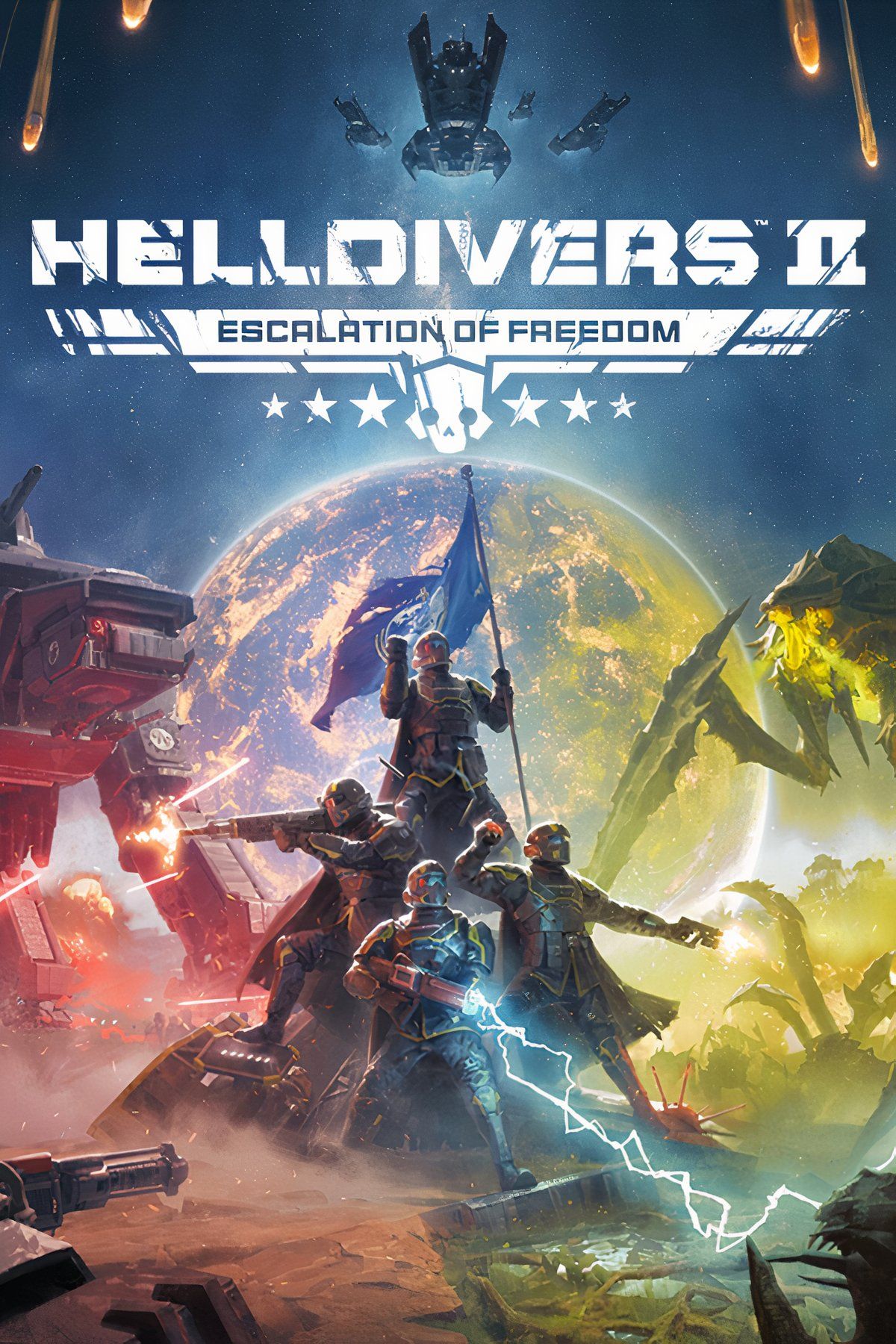
Helldivers 2
- Released
- February 8, 2024
- ESRB
- M For Mature 17+ Due To Blood and Gore, Intense Violence
- Developer(s)
- Arrowhead Game Studios
- Publisher(s)
- Sony
Helldivers 2 isn’t the only game to have indirectly adapted an older film. Grand Theft Auto: Vice City is a secret adaptation of Scarface; one that allows you to play out Tony Montana’s brutal climb through the criminal underworld of 1980s Miami—albeit with a new cast of characters and a much lighter tone.
Vice City isn’t a total rehash of Scarface, but it flawlessly emulates the original film’s tonal contrast of the upbeat 80s nightlife and the relentless violence of the criminal lifestyle, all while retaining Grand Theft Auto‘s signature witty humor. When Scarface finally did receive an official licensed game with 2006’s Scarface: The World Is Yours, it turned out to be a Grand Theft Auto clone with a new plot that shares much more in common with Vice City than the film it’s based on.
Dead Rising similarly transformed George A. Romera’s Dawn of the Dead into a masterpiece of a game, placing players in a horrific setting that’s eerily similar to the iconic zombie flick. Much like its cinematic predecessor, Dead Rising centers around a small group of survivors trapped in a zombie-infested shopping mall, chronicling their attempts to escape the mall while defending themselves against undead hordes and their fellow humans.
However, Dead Rising isn’t a generic zombie game that happens to be set in a mall. Instead, the game takes advantage of its cinematic influence at every turn.
Dead Rising lets you find a use for nearly anything you find in the mall. You can wield water guns against armies of the undead, cook food with ingredients scavenged from the food court, or visit stores to dress up in various outfits and accessories. However, you’ll also be racing against the clock to save other survivors and pursue time-sensitive objectives, requiring you to learn the layout of the mall while adapting to the many new challenges and threats that arise with each passing day.
Much like Dawn of the Dead, the game blends tension, horror, and humor into one unforgettable experience, making the shopping mall feel like as much of an apocalyptic playground as it is a battleground.
Many people forget that Dawn of the Dead was both a grim horror film and a zany comedy. Its depiction of the zombie apocalypse often felt hopeless and unforgiving, yet the film is never too serious to avoid a musical shopping montage or a pie-tossing biker gang. Dead Rising might be the only game to match Dawn of the Dead‘s eccentric horror-comedy and inventive setting.
While Dead Rising lets you gear up in gaudy suits and dropkick zombies down escalators, it never stops being an immersive experience that requires you to use every tool, trinket, and piece of furniture at your disposal. Dead Rising is an amazing interactive encapsulation of everything Dawn of the Dead represents; maybe doing its job too well, as its similarities to the film landed developer Capcom in a brief legal battle against Dawn of the Dead‘s copyright holders.
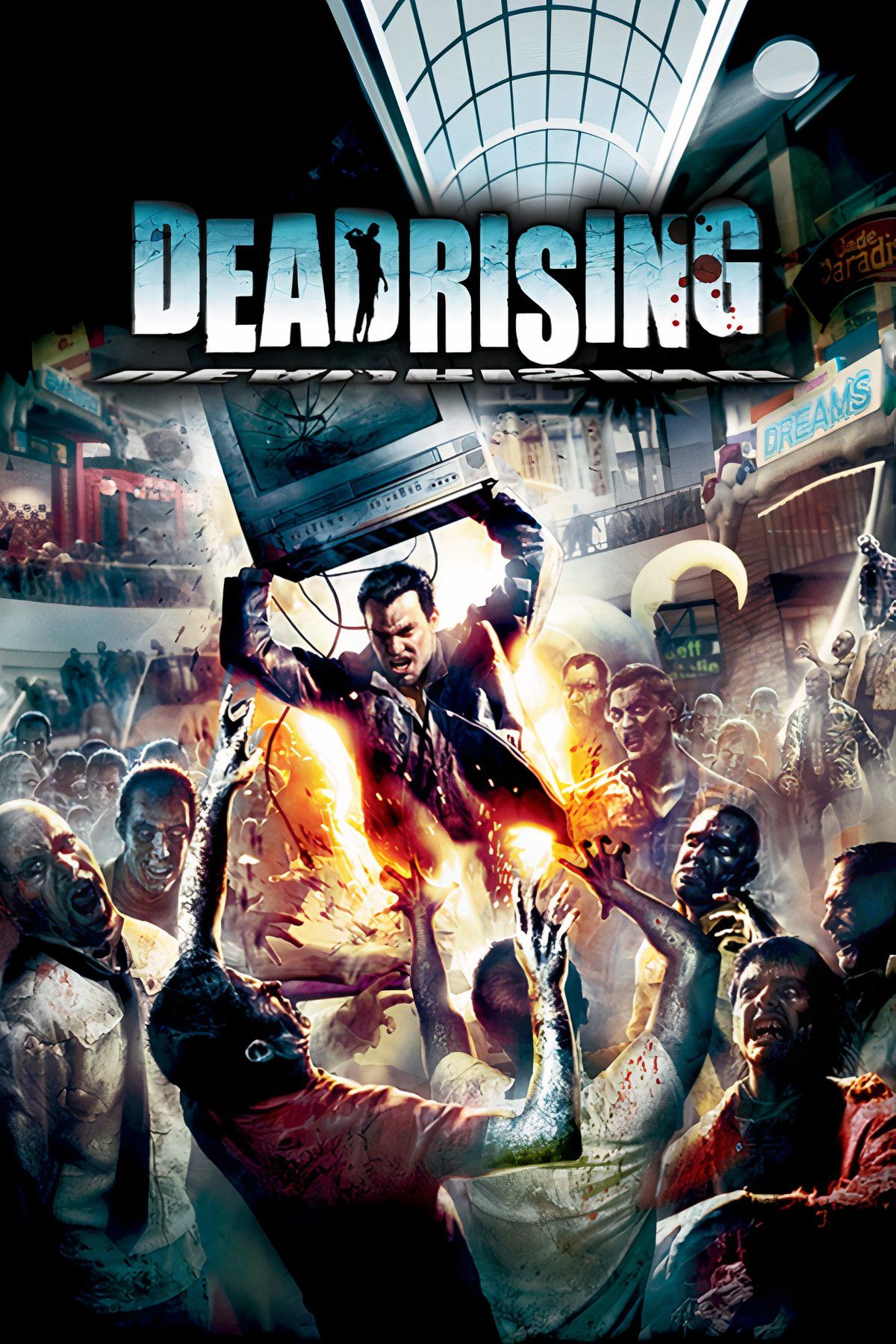
Dead Rising
- Released
- August 8, 2006
- ESRB
- m
- Developer(s)
- Capcom
- Publisher(s)
- Capcom
- Engine
- re engine, havok
There are plenty of other games that have indirectly adapted popular movies into virtual worlds. Some of the most famous examples include Resident Evil 7‘s obvious resemblance to The Texas Chainsaw Massacre, Silent Hill‘s shared aesthetic with Jacob’s Ladder, Uncharted‘s obvious inspirations from Indiana Jones, and Deadly Premonition being the most blatant (and arguably best) rip-off of Twin Peaks. Although some fans might prefer licensed games over their obvious imitators, indirect adaptions often understand their source material better than the official games.
Even the Best Licensed Games Make the Same Mistakes
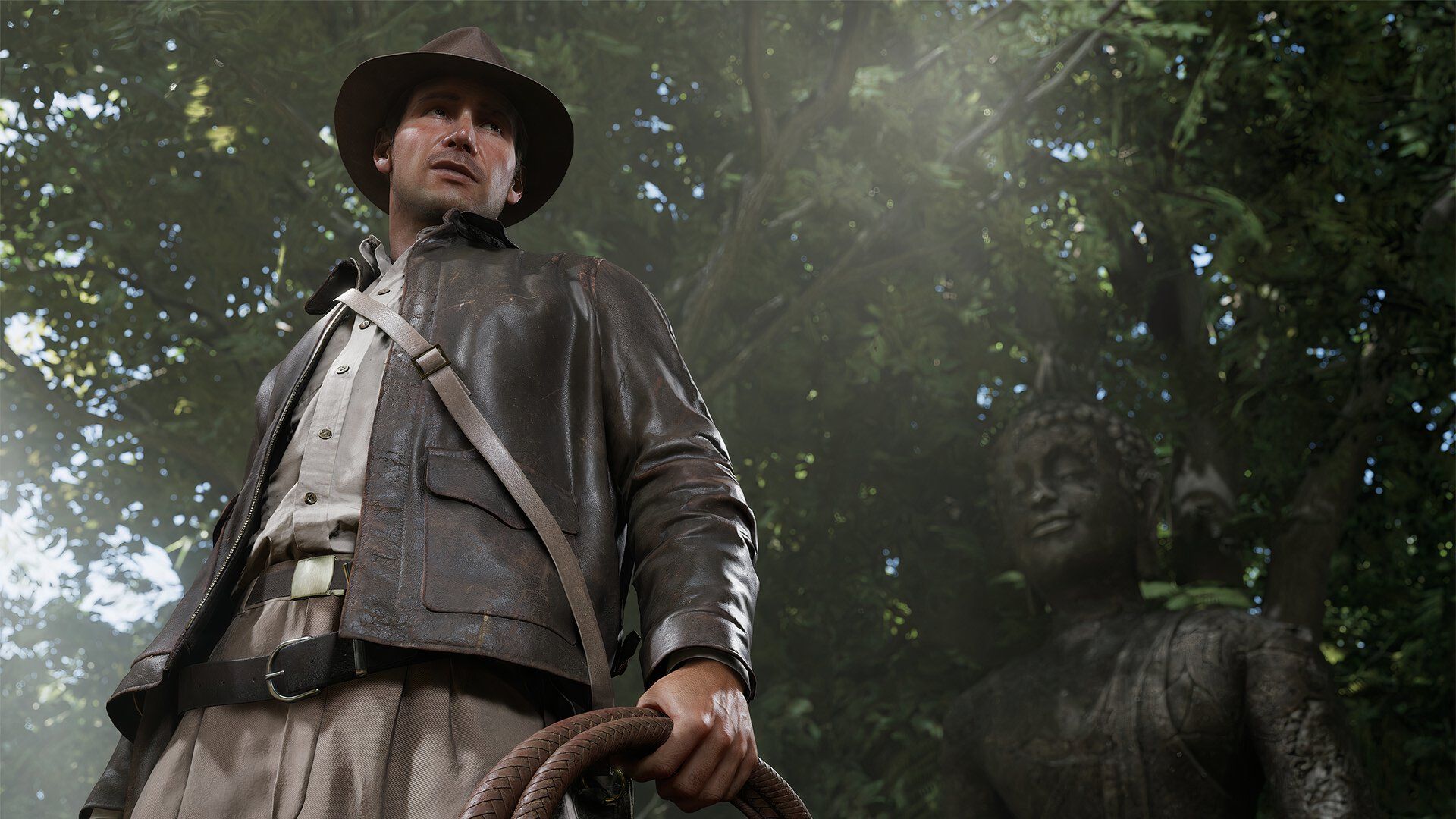
Licensed games often struggle to appeal to fans while delivering an entertaining experience that’s true to the source material. Assuming the game isn’t a rushed cash grab, developers of these games are always faced with a variety of difficult questions: How do you make familiar stories feel fresh again? How do you appeal to longtime fans while remaining approachable to newcomers? Most importantly: Where do you even start when adapting other mediums to gaming? Most licensed games find their answers in safe, risk-free ideas.
Licensed games regularly fit into popular categories like fighting games and open-world shooters, but they rarely use their cinematic origins to bring new ideas to these genres. You might recognize familiar characters and scenes from the source material, but licensed games rarely go through the effort of creating truly unique experiences that feel tailored to their respective franchises.
That’s not to say licensed games have been terrible. If anything, the standard for licensed games is higher than it’s ever been. Recent releases like Robocop: Rogue City, Indiana Jones and the Great Circle, and any of Insomniac’s recent Spider-Man games are amazingly creative adaptations of their series. Even if these games weren’t attached to a license, anybody familiar with the franchises could still recognize the unmistakable influence on their gameplay and stories—whether that’s through the unstoppable power fantasy of becoming Robocop or the thrill of swinging through New York as Spider-Man.
Unfortunately, many developers that share a similar passion for specific franchises don’t always get the chance to work on official adaptations. In most cases, prominent licensed properties are instead left to larger studios, resulting in bland adaptions that resemble their source material on the surface, but lack the creativity of the original films.
More Games Should Learn From Different Mediums
Despite their reputation, movie-based games are the perfect means of bringing new ideas to the gaming industry. Past titles like Rare’s GoldenEye 007, Rocksteady’s Batman: Arkham Asylum, and Bioware’s Star Wars: Knights of the Old Republic were all massively influential on their respective genres. Thanks to their film inspirations, each of these games introduced new ideas that would become mainstays in later releases and reinvented long-established genre conventions in ways that can still be felt today.
Games that take inspiration from a wide variety of sources—whether they’re licensed adaptations or loosely-inspired rip-offs—are often the ones that push gaming forward the most. However, developers shouldn’t have to wait for a famous franchise to come knocking on their door. Indirect adaptations already show the creative possibilities of transforming familiar films into one-of-a-kind gaming experiences, so more studios need to start embracing their biggest inspirations through their own original (or not-so-original) releases.
